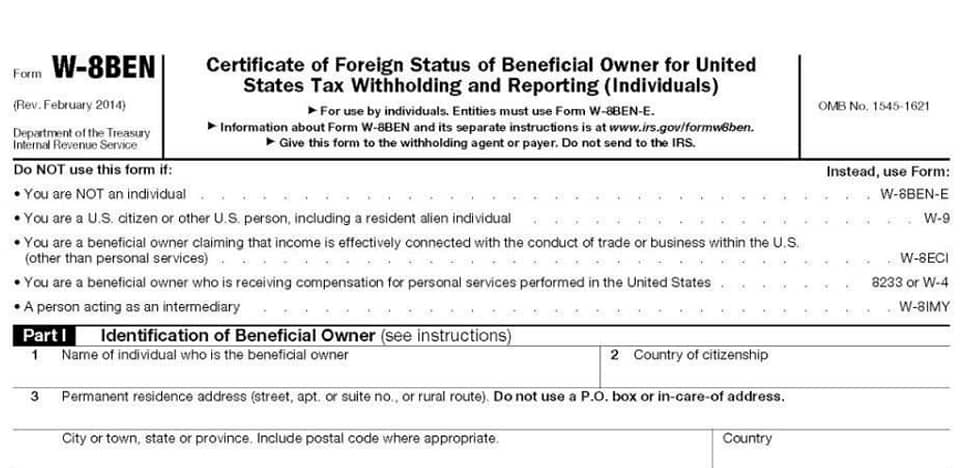Public Accounting: Definition, Functions & Examples

The Chief Financial Officer (CFO) is a high-ranking executive responsible for a company’s overall financial strategy and management. By analyzing financial records, tracing funds, and evaluating financial practices, they unearth any irregularities that might indicate fraudulent activities. This investigative role can be crucial in legal cases, where a CPA’s findings can provide the evidence needed to support or refute claims made in court. Taxation, with its intricate regulations and frequent updates, is a domain public accounting meaning where CPAs play an essential role.
Eligibility Criteria for CPA Exam

We have discussed the importance of public accounting in maintaining financial integrity, trust, and transparency. In summary, the role of public accountants extends beyond traditional cash flow financial record-keeping and reporting. They serve as trusted advisors, offering auditing, tax, consulting, risk management, and litigation support services. Their expertise and professionalism contribute to the overall financial well-being and success of businesses, organizations, and individuals.

Certified public accountant definition
A CPA as CFO contributes significantly to the company’s financial success and sustainability. They collaborate with various departments to provide financial guidance and support decision-making. Forensic accounting is a specialized area where CPAs use their financial acumen to investigate potential fraud, embezzlement, or other financial discrepancies. This involves staying updated with the ever-evolving tax codes, understanding nuances of international taxation for multinational corporations, and identifying potential tax credits or deductions. In 2002, independence was compromised as a “Big Five” firm, Arthur Andersen, willfully destroyed documentation which proved Enron’s accounting fraud and became one of the largest accounting frauds in history.
Un hecho interesante sobre la salud masculina es que factores como el estrés, la ansiedad y ciertas condiciones médicas pueden contribuir a la disfunción eréctil. Muchos hombres, al enfrentar este problema, buscan soluciones que pueden incluir tratamientos médicos. Por ejemplo, algunos optan por alternativas como el medicamento para afecciones urinarias que se puede obtener sin receta, lo que les lleva a considerar opciones para ***. Es importante recordar que, aunque algunos medicamentos pueden ayudar, siempre es recomendable consultar a un médico para obtener un diagnóstico adecuado y un tratamiento eficaz.
- Their expertise and professionalism contribute to the overall financial well-being and success of businesses, organizations, and individuals.
- These accountants tend to transition into a private accounting role if they prefer the nature of the work it offers.
- Both public and private accounting involve more or less similar job activities, skills, and education.
- They serve businesses, individuals, governments, and non-profits by preparing their financial statements, filing tax returns, conducting audits, providing consultation and advice, etc.
- Financial reporting is the process of compiling, verifying, classifying, organizing, and documenting an organization’s financial data during a specified time period.
- According to sources like Glassdoor, Indeed, and Salary.com, the average salary for corporate accountants ranges from about $63,200 to $69,300.
- All CPAs need some knowledge of tax law, but specializing in taxation means this will be the focus of your work.
📆 Date: 15-16 Feb 2025🕛 Time: 8:30-11:30 AM EST📍 Venue: OnlineInstructor: Dheeraj Vaidya, CFA, FRM
Public accountants are the gatekeepers of fiscal transparency, ensuring that financial statements are accurate, reliable, and adhere to regulatory standards. Public accounting refers to providing a collection of financial or accounting services to one or more clients. Precisely, such services include preparing financial statements, auditing the statements, filing tax returns, advising on mergers and acquisitions, and so on. A public accountant acts as an independent third party and works with various client companies to review and prepare financial documents that an individual or corporation is required to disclose to the public. They deal with a wide range of clientele, including individuals, businesses, and sometimes even the government. Ultimately, the choice between public accounting and private accounting depends on an individual’s interests, career goals, and work preferences.
- The largest public accounting firms, known as the “Big Four,” include Deloitte, Ernst & Young (EY), KPMG, and PricewaterhouseCoopers (PwC).
- As a college student, I learned and liked that accounting is the basis and building block of many financial and business decisions.
- Before conducting an audit of a public company in the United States, the PAFs need to register with the Public Company Accounting Oversight Board (PCAOB).
- They help managers make smart business decisions by providing accurate and timely financial and statistical information through management reports and accounts.
OUR SERVICES

Their adaptability and expertise make them indispensable in guiding businesses through the complex terrain of modern commerce. The CPA exam is a grueling test of one’s accounting acumen, and success requires months of rigorous preparation. Candidates often turn to CPA review courses and study materials to navigate the complex terrain of the exam, from platforms like Exam-Labs, to navigate the complex terrain of the exam. The examination is not merely a test of knowledge; it assesses problem-solving abilities and the capacity to make sound judgments in complex financial situations. If you want to advance in academia — for instance, if you want to teach accounting at a college or university — you’ll need to earn a master’s degree at minimum before you will qualify for most positions.
Top 10 public accounting firms

Public accountants assist in preparing and filing tax returns, conducting tax planning, and advising on tax-related matters to help clients minimize tax liabilities while complying with legal requirements. Auditing involves the examination and evaluation of financial records to assess their accuracy and compliance with accounting principles and regulations. Public accountants conduct audits to provide independent assurance to stakeholders that the financial statements are free from material misstatements and fairly represent the financial position of an organization. Consequently, public accounting firms may be organized around a number of sub-specialties, each of which is staffed with employees whose training and experience are highly focused. For example, public accounting firms may market themselves as having particular expertise in areas as diverse as initial public offerings, fraud investigations, health care auditing, and litigation support for insurance claims.
- Public accountants specializing in tax services are the guides that help individuals and businesses navigate this intricate maze while minimizing tax liabilities legally.
- The decision may be driven by a few factors (not exhaustive), which include the expectation of the type of work, one’s personality traits, and career goals.
- In addition to audits, CPAs offer invaluable tax services, helping businesses navigate the labyrinthine tax codes while minimizing tax liabilities legally.
- With their expertise, professionalism, and commitment to excellence, public accountants continue to be trusted advisors and guardians of financial integrity in an increasingly complex and interconnected world.
- Continuous education and professional development are essential to remain relevant and provide the highest level of service to clients.
- Most states in the U.S. require prospective CPAs to complete 150 semester hours of college education, which is typically 30 hours more than a standard 4-year bachelor’s degree.
Where can a CPA work?
A lesser form of audit is known as a review, which a business might prefer due to its lesser cost. With their unique skill set, forensic accountants contribute to upholding financial transparency and integrity within organizations and legal contexts. Consultants assist clients in navigating complex financial regulations, making informed investment choices, Legal E-Billing and achieving their financial goals. Because of their knowledge of financial accounting and critical thinking skills, common career paths for CPAs include CPA Firm Partner, Controller, Chief Financial Officer, Consultant, Financial Analyst, and Forensic Accountant.
